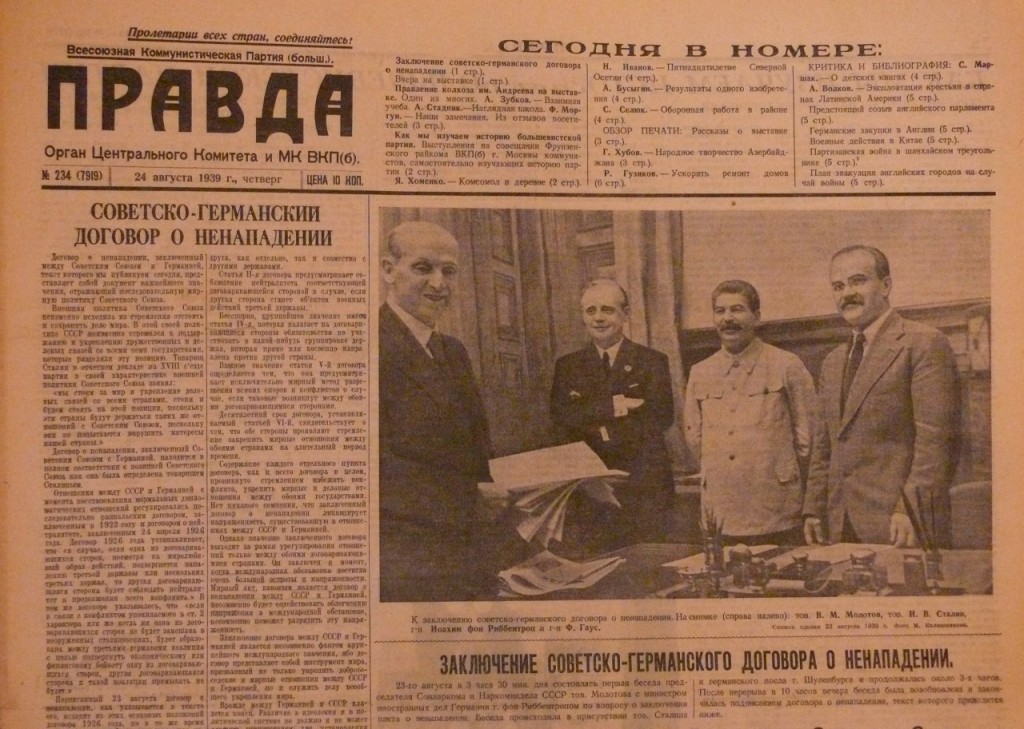Who said geopolitics went away? Well a number of international relations experts imply this in their various announcements that geopolitics has returned. One of those most loudly trumpeting this view is Walter Russell Mead, the Editor-at- Large of the American Interest. In his most recent piece in Foreign Affairs he declares:
But Westerners should never have expected old-fashioned geopolitics to go away. They did so only because they fundamentally misread what the collapse of the Soviet Union meant” But geopolitics never went away, notwithstanding there was a great deal of attention focused on the global economy – particularly in the light of the 2008 global financial crisis.
Well yah. So how do these folks reach the conclusion that geopolitics left following the fall of the Soviet Union and must now face its return? Well according to Mead they did so by trying to focus on world order and global governance and thereby tried to get beyond geopolitics:
The United States and the EU, at least, find such trends disturbing. Both would rather move past geopolitical questions of territory and military power and focus instead on ones of world order and global governance: trade liberalization, nuclear nonproliferation, human rights, the rule of law, climate change, and so on. Indeed, since the end of the Cold War, the most important objective of U.S. and EU foreign policy has been to shift international relations away from zero-sum issues toward win-win ones. … China, Iran and Russia never bought into into the geopolitical settlement that followed the Cold War, and they are making increasingly forceful attempts to overturn it. That process will not be peaceful, and whether or not the revisionists succeed, their efforts have already shaken the balance of power and changed the dynamics of international politics.
Geez – what balance of power! Anyway the only way Mead gets to this point and to this analysis is an old political science trick – turning to a dichotomous in the world order. There is the world of ‘high’ geopolitics and then there is the ‘low’ politics world of economics and global governance. Now it is true that the rise of global governance through the G20 is primarily about global economics – well it was created as a leaders summit in the 2008 global financial crisis, and there are those who insist that the G20 should only be about global economic issues – like China – but there isn’t a crisis that Leaders won’t tackle – ergo the Syrian crisis at the St. Petersburg Summit – whether the topic is on the agenda or not. The domination of financial and economic issues is evident but also explicable.
So it is not too farfetched to say that the great powers have been largely concerned with global economic and financial matters in the last 5 years, but I don’t think the great powers assumed that geopolitics had gone away. Nor those of us concerned with global governance. Certainly in Asia the regional tensions have been all too present whether in the South China Seas disputes or the East China Seas disputes. While concert diplomacy has suffered injury from Russia’s Crimea venture – note the suspension of the G8 in the face of Russia’s territorial aggrandizement – global order is not bimodal as Mead suggests. And as for the Iranian issue, the geopolitics have really never gone away. It is rather the effort by Mead to tie this all together that is new.
What binds these powers together, however, is their agreement that the status quo must be revised. … Leaders in all three countries also agree that US power is the chief obstacle to achieving their revisionist goals. … Rather than challenge the status quo head on, they seek to chip away at the norms and relationships that sustain.
But if the world order is not dichotomous, then what is causing so much excitement among the commentariat. Here I suggest again it is the debate over US decline and more particularly how the United States is or is not about to run – or has been running – a multilateral world order. One thing that is apparent is that US leadership in a multilateral setting is much more difficult and it is not at all evident that the US has mastered it. As Edward Luce just recently wrote in the FT in “Uncertainty, not China, is replacing US power“:
The die has not been cast The US holds more cards than any other in shaping what the multipolar world will look like. It has more legitimacy than any potential rival – China in particular. … America still has the power to set the tone of global engagement and negotiate outcomes that benefit both itself and the world. But it will require the US to retrieve the spirit of enlightened self-interest that once defined the nation. We must all hope that spirit is dormant rather than extinct.
I think it is fair to say that the US has maintained a measure of leadership. But it one thing to do it as as a hegemon- I declare, you follow – and a much more difficult diplomacy for the US to act primes inter pares in a world of multilateral concert diplomacy. It has now been made more difficult not so much with Iran or even China – though clearly Obama’s trip to Asia was designed to clarify it’s alliance relationships – but with Russia’s actions in Ukraine. The future US actions may need to be structural – focusing on alliances; or it may have to be behavioral – devising collective action with Europe – not so easy though it starts with Germany.
What was hard, has gotten even harder.
Image Credit: histdoc.net


